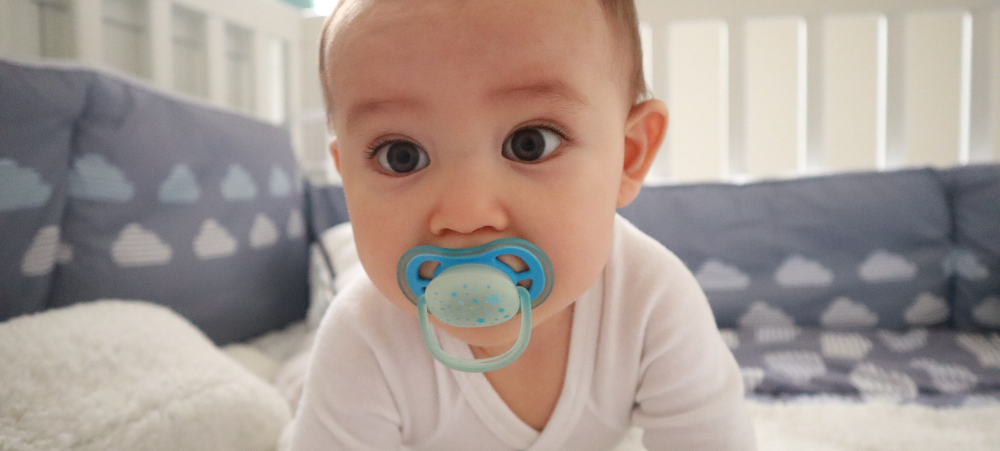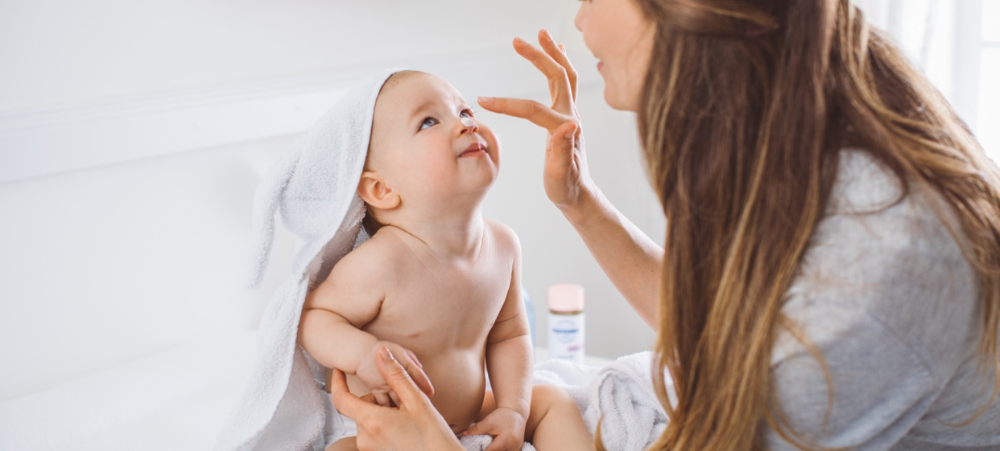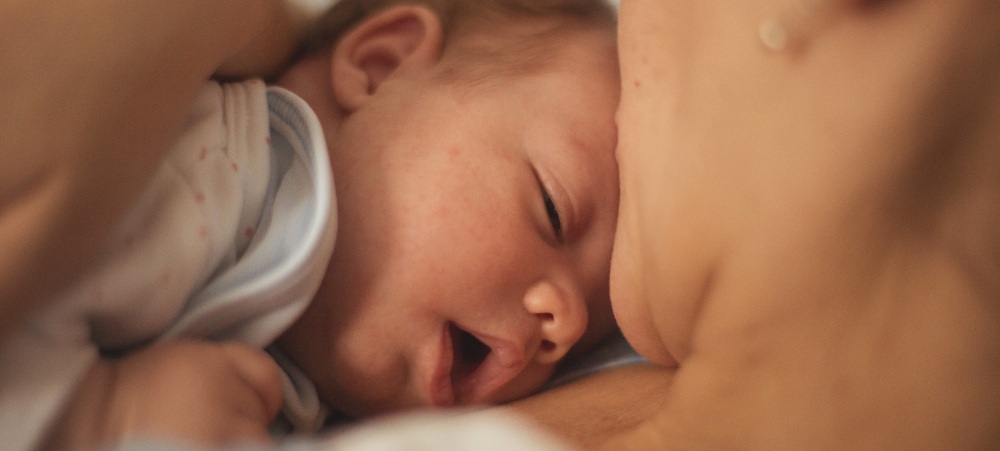Affinity Health, a leading provider of high-quality health coverage, explores how pacifiers can affect your little one’s smile and how to minimise any negative oral health impacts.
Pacifiers, often known as soothers or dummies, can be a lifesaver for parents trying to soothe a fussy baby. But, as with anything, there’s a time and place for them, especially when you start thinking about your baby’s oral health and the development of their deciduous teeth (milk teeth) and permanent teeth.
The Pacifier: A Parent’s Best Friend
Pacifiers have been around for ages, and there’s a good reason for that. They tap into a baby’s natural sucking reflex, which can be incredibly calming.
They’ve been known to help babies fall asleep, reduce crying, and even offer some benefits, like reducing the risk of SIDS (Sudden Infant Death Syndrome) in infants.
“The modern pacifier, as we know it today, began to take shape in the late 1800s,” says Murray Hewlett, CEO of Affinity Health.
“Over the years, inventors and designers began experimenting with safer, more hygienic materials like rubber, which was gaining popularity thanks to its durability and softness, making it ideal for an infant’s delicate mouth.”
The Potential Pitfalls for Pearly White
As babies grow and their teeth start to come in, parents might wonder if pacifiers can cause dental issues. The answer isn’t straightforward – it depends on a few factors, such as how often a baby uses a pacifier and for how long.
Bite Problems
Extended pacifier use can lead to problems like an open bite, where the front teeth don’t meet when the mouth is closed, or a crossbite, where the upper teeth bite inside the lower teeth. These issues arise from the constant pressure the pacifier exerts on the teeth and jaw.
Tooth Misalignment
Just like with an open bite, prolonged sucking can lead to the front teeth being pushed out of alignment, leading to what’s often called “pacifier teeth”.
Changes in the Roof of the Mouth
The sucking action can also affect the roof of the mouth, potentially leading to its abnormal development.
Not All Doom and Gloom
Before you toss all the pacifiers in the rubbish, it’s crucial to note that these potential issues typically stem from long-term use, especially beyond the age of two or three. Many children use pacifiers without any long-term effects on their teeth, particularly if they stop using them early.
Guidelines for Healthy Pacifier Use
To keep the pacifier from becoming a problem for your child’s dental health, consider these tips:
- Timing: Introduce a pacifier after breastfeeding is well-established, usually around three to four weeks of age, to avoid nipple confusion.
- Moderation: Use pacifiers for soothing purposes only, and try not to let your child have one in their mouth all day long.
- Weaning Off: Start to wean your child off the pacifier between six and 12 months old, and aim to stop its use altogether by the age of two or three.
- Hygiene: To prevent tooth decay, keep pacifiers clean and free of sugary substances.
- Don’t Dip: Avoid dipping the pacifier in sweet liquids like honey or syrup, which can lead to cavities.
- Orthodontic Pacifiers: Consider using orthodontic pacifiers designed to reduce the risk of dental problems.
The Weaning Process: Tips and Tricks
Weaning your child off a pacifier can be challenging but not impossible. Here are a few strategies to make the transition smoother:
- Gradual Reduction: Start by limiting pacifier use to specific times, like naps or bedtime.
- Comfort Alternatives: Offer other forms of comfort, such as a favourite stuffed animal or blanket.
- Positive Reinforcement: Praise your child for not using the pacifier and offer small rewards for pacifier-free time.
- The Pacifier Fairy: Some parents succeed with a “pacifier fairy” who takes the pacifier away in exchange for a small gift.
When to Seek Professional Advice
If you’re concerned about your child’s teeth or the impact of pacifier use, it’s always best to consult a paediatric dentist. They can offer personalised advice and help you develop a plan to ensure your child’s oral health is proper.
We understand that there are many aspects that encompass a Mother, Father or Child and strive toward providing resources and services that accommodates this.
Our content is aimed to inform and educate families on issues starting from pregnancy through to the challenges of the teen-age years.
- Tiny Toons Looniversity Returns: Meet the Voice Behind Plucky and Hamton! - December 12, 2025
- From Pain to Possibility: Panado®’s New Marketing Campaign, Highlights The Joy Of Pain Relief - December 10, 2025
- Feeding Unicorns by Jeni-Anne Campbell: A bold new book for business leaders who care - December 9, 2025





